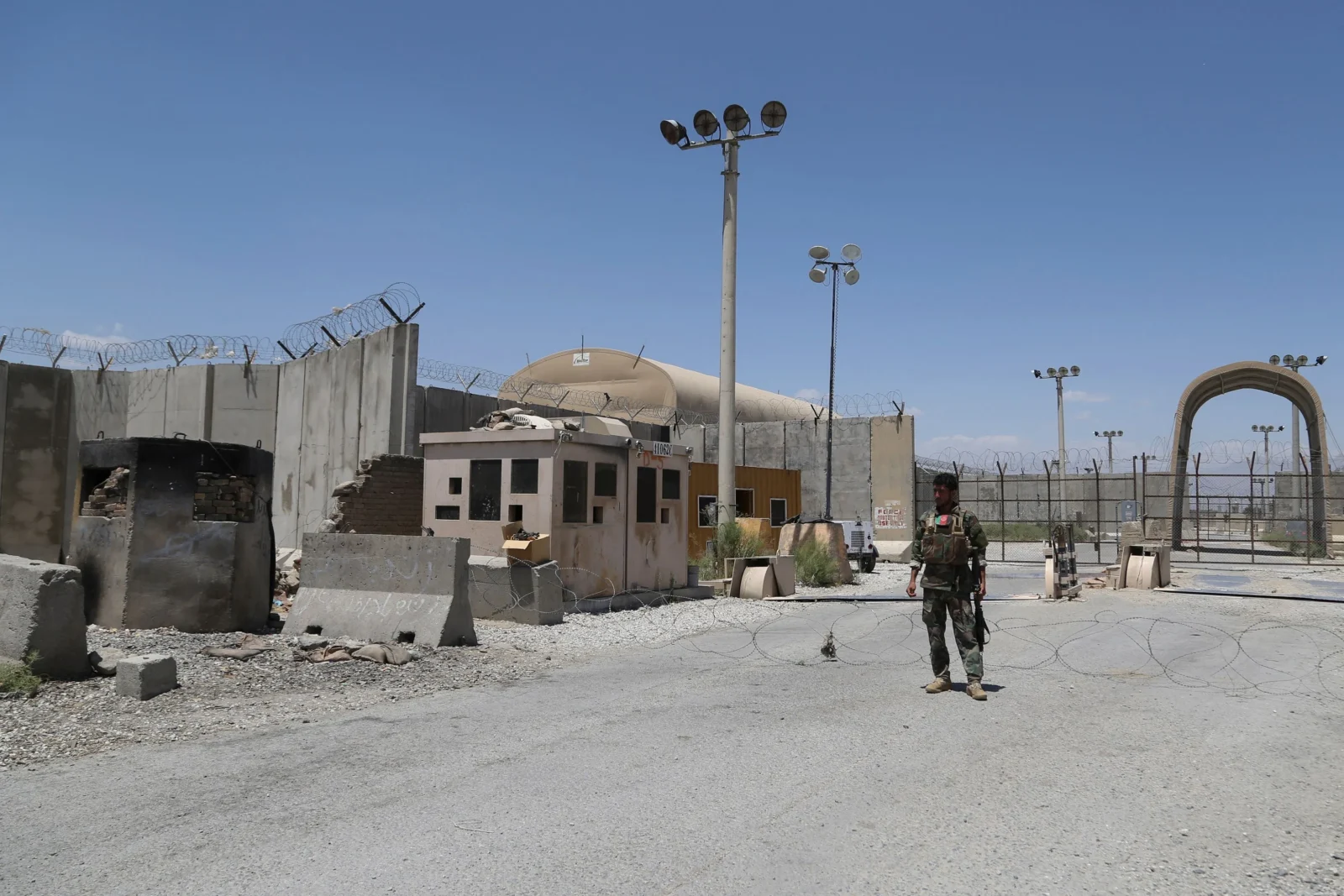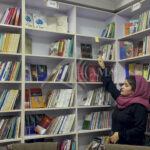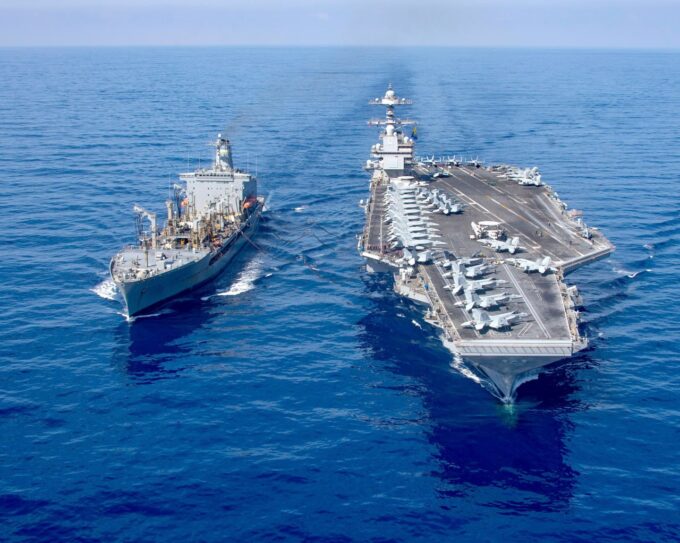Afghanistan has firmly rejected US President Donald Trump’s call for the United States military to return to the country and reclaim the Bagram airbase, once the hub of America’s two-decade-long war. Kabul’s foreign ministry made its stance clear on Friday through a statement on social media, declaring that while Afghanistan remains open to political and economic engagement with Washington, the re-establishment of any US military presence is categorically off the table.
The rejection came after Trump, speaking on Thursday, reiterated his desire to “get back” the strategically located facility. He argued that Bagram, situated just north of Kabul, holds immense strategic value due to its proximity to China, claiming the base lies only “one hour away” from where Beijing develops nuclear missiles. Expressing frustration over the 2021 US withdrawal, Trump said, “We gave it to [the Taliban] for nothing,” calling the decision a mistake his administration would seek to reverse.
Taliban officials, however, were quick to dismiss Trump’s comments. Zakir Jalal, a foreign ministry official, emphasized that any engagement between Afghanistan and the United States must be conducted without the presence of foreign troops. “Afghanistan and the United States need to engage with one another … without the United States maintaining any military presence in any part of Afghanistan,” Jalal stated. He further stressed that future ties should be built on “mutual respect and shared interests.”
Bagram Airbase carries a heavy historical and political legacy. Beyond serving as the epicenter of US operations in Afghanistan, it also hosted a notorious prison where thousands of Afghans and foreign nationals were detained during the so-called “war on terror.” Many of these prisoners were held for years without charge or trial, with widespread reports of abuse and torture that drew international condemnation. The memory of this dark chapter has further cemented Afghan resistance to any suggestion of the US military’s return.
With Trump continuing to highlight Bagram’s strategic importance in the context of great power competition with China, and Kabul insisting on its sovereignty, the debate underscores the deep mistrust left in the wake of the US withdrawal and the Taliban’s return to power.












Leave a comment